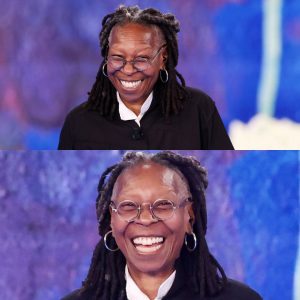A simple song leveled a nation.
The 2001 CMA Awards landed on November 7, less than two months after 9/11, when every living room in America still felt like a church pew. The plan was for Alan Jackson to sing his current single “Where I Come From.” The plan changed.

Ten days earlier, Alan woke up in the middle of the night and sang a chorus into a handheld recorder so he would not lose it before morning. Underwear, quiet house, lightning bolt chorus. “I’m just a singer of simple songs / I’m not a real political man / I watch CNN but I’m not sure I could tell you / The difference in Iraq and Iran…” He finished the song the next day, then tried to shelve it. He did not want anyone thinking he was cashing in on heartbreak.
His wife and his producer, Keith Stegall, insisted that this one mattered. When Alan’s manager played it for the CMA decision makers, the room went still. According to then label chief Joe Galante, they simply stared at one another for a full minute and no one spoke. They did not need to.
So Alan Jackson walked to center stage that night at the Grand Ole Opry House, without pyro and without pageantry, and he sat down in front of an orchestra and offered a prayer you could hum. The words were not fancy. The melody was easy. The point was human. You could feel people breathe again.
The ovation came fast, and it lasted, although the ripple effect was even louder. By sunup the next day, radio had pulled the live audio straight off the television broadcast and started spinning it. Phones lit up. Programmers did not wait for a single, because they had a moment. Demand pushed the label to rush release the studio version on November 26, and the Drive album moved from May 2002 to January so the song could find people where they needed it most, in cars, at kitchen tables, and in the quiet.

What made it land with such force? The verses did not preach, they asked. Where were you when the world stopped turning. At church, in a bar, or holding your kid a little tighter. It was country music doing what it has always done, telling the truth in plain clothes.
Alan later admitted that it was a tough sing that night. He said he felt relieved to get through it, and he felt proud because it seemed to stir something in people. Proud, yet uneasy with the spotlight that followed. He explained that he is not big on chasing that kind of attention, and that he is just a songwriter and a singer with a simple song, not someone trying to stand on a soapbox. That fits Alan Jackson to a T, because he has never needed glitter to be great, only a guitar and something worth saying.
Awards arrived in 2002, including CMA Song and Single of the Year, ACM Song and Single, and a Grammy for Best Country Song. Those trophies were welcome, although they were never the point. The point was healing. The point was hearing your own confusion and faith sung back without polish, politics, or posture.

Country fans still remember the gasp in the room when the chorus first rolled out, and that soft hush when the steel and strings fell away and the lyric did the heavy lifting. People were crying before the last chord faded. The song did not try to explain 9/11. It did something braver, because it let people grieve without telling them how.
More than twenty years later, “Where Were You” still stands like the best hymns, steady, unfancy, and true. That chorus still sticks to the ribs.
Alan Jackson did not just steal the show that night, he gave it right back to the people who needed it most.





